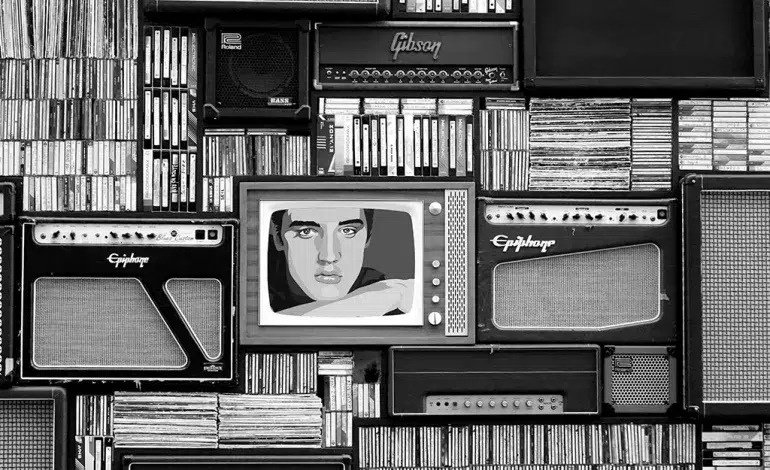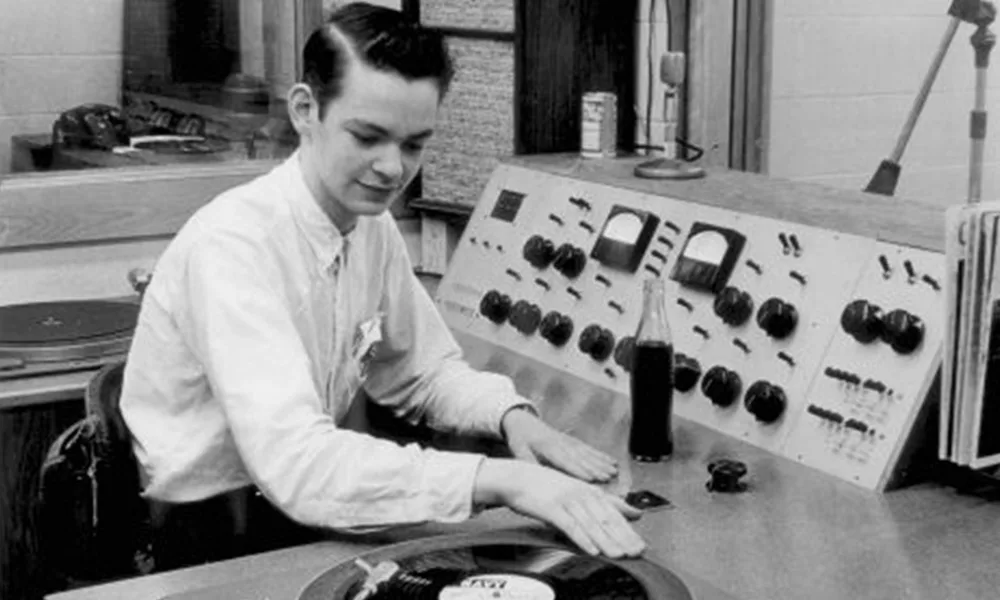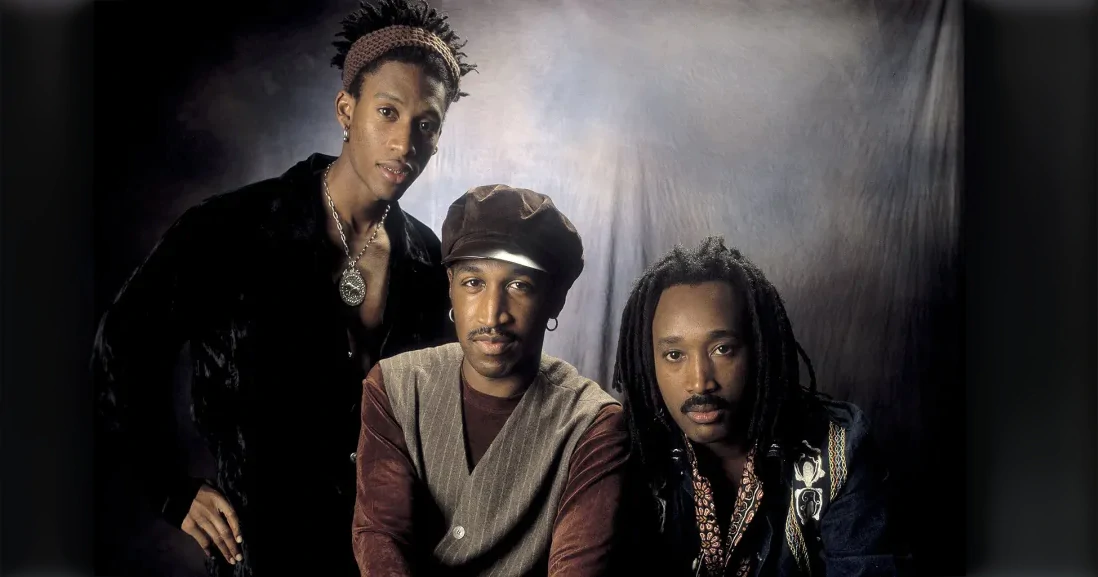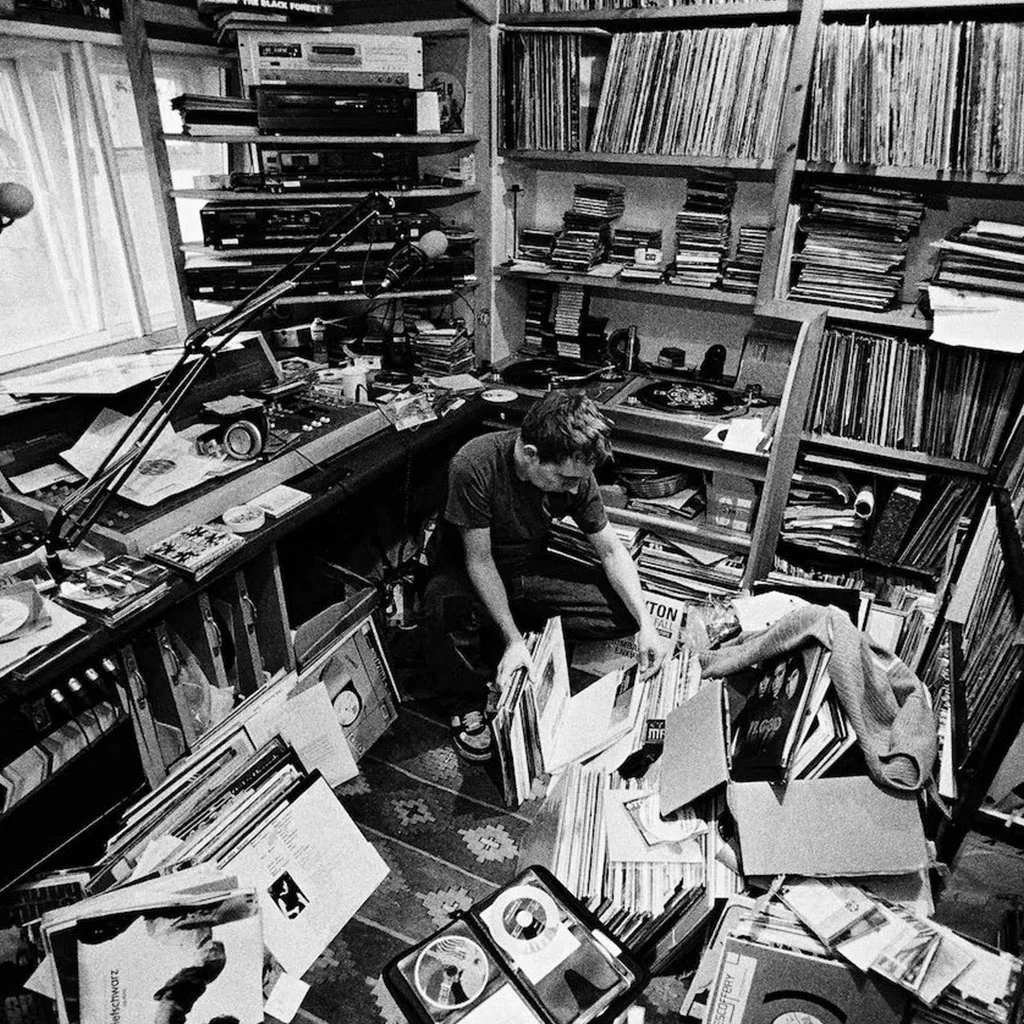The Impact Of Technology On Music and Our Changing Habits

Technology has had a profound impact on music, changing the way we create, distribute, and consume it. Whether we’re artists or listeners, technology is transforming the way that we all interact with music and changing our habits regarding music.
How Digital Developments Changed Music?
The advancement of digital developments has greatly impacted the music industry, enabling new ways for fans to connect with their favorite artists through audio, visual albums, and live-streamed concerts. Despite this, there has been a resurgence in the popularity of vinyl records due to nostalgia. As a result, musicians need to constantly innovate and utilize various platforms to stand out. While recording technology has made it easier for more people to enter the music space and gain fans, it can also lead to lower sound quality. Compared to traditional formats like vinyl or CDs.
How Technology’s Impact on Music Changed Musicians
Technology has had a significant impact on music and has changed the way musicians create, distribute, and promote their music. With the emergence of digital recording and production tools, musicians now have access to affordable and high-quality recording equipment, which allows them to create professional-sounding music easily. Digital distribution channels have also enabled musicians to reach a broader audience without the need for record labels. Social media platforms allow artists to build a dedicated fanbase and promote their music without having to tour or rely on traditional marketing methods. Furthermore, technologies, such as Machine Learning, have begun to have a profound impact on music-making by enabling AI to create original music and even extract insights into musical taste. All these advancements have transformed the music industry, democratizing access to music production and promotion to musicians, with listeners, benefiting as a result.

The Effect of Technology on Music by Years
Technology has played a significant role in shaping the music industry over the years. From the invention of vinyl records to cassette tapes, CDs, and now digital streaming services, technology has revolutionized how we consume and create music. With each new advancement, there have been both positive and negative effects on the industry.
- 1800-1940: Phonographs and Record Players
Back in 1877, the brilliant mind of Thomas Edison gave birth to a revolutionary device: the cylinder phonograph. This groundbreaking invention paved the way for music producers to record and playback audio, which eventually led to the development of record players approximately ten years later.
- 1940-1980: 8-Track and Cassette Tapes
Although record players remained the most popular music listening device for several decades, the introduction of 8-track and cassette tapes revolutionized the music industry yet again. The height of the 8-track craze began in the mid-1960s and continued its run into the early 1980s as the most sought-after music technology at that time. Unlike records that required flipping to hear both sides, 8-track tapes played continuously, providing uninterrupted listening pleasure.
- 1980-2000: Compact Discs
Technological advancements in music notably accelerated from the 1970s to the 2000s, with the co-development of the compact disc by Sony and Philips marking a major turning point. The CD allowed for the storage and playing of digital audio recordings and, as subsequent CD technologies were developed, increasingly greater amounts of data storage space. CDs quickly became the preferred medium for music distribution, leading to a significant rise in CD sales, and even becoming standard features on vehicles and in stereos.
- 2000 and After
The year 2000 marks a significant turning point in the music industry. With the advent of digital technologies, music consumption has been transformed, and the industry has had to reinvent itself to stay relevant. The popularity of file-sharing services like Napster and LimeWire led to a significant decline in album sales, and the industry experienced a major shift towards singles and digital downloads. However, streaming services like Spotify and Apple Music have now become the dominant means of music consumption, accounting for the majority of industry revenue


Positive Effects of Technology on the Music Industry
- Improved Production
The advancement of technology has enabled artists and producers to create music with better production quality. With digital recording, editing, and mastering, music production has become more efficient and cost-effective. Musicians no longer have to rely on expensive studio equipment to produce high-quality music. Technology has also made it easier to collaborate with other artists and producers from anywhere in the world. With the use of online platforms and digital audio workstations, artists can work together to create music remotely.
- Easier Promotion
In the past, promoting music was an expensive and challenging task that required traditional marketing methods such as radio and television advertisements. However, with the rise of social media platforms, artists can now easily promote their music to millions of fans worldwide. With platforms such as Instagram, Twitter, YouTube, and Facebook, musicians and producers can share their music videos, performances, and new releases with their fans, build a fan base, and interact with their audience. This ease of promotion has also increased the visibility of music genres and artists, making it easier for them to reach new and diverse audiences.
- Accessibility
The accessibility of music has improved significantly with the advent of technology in the music industry. In the past, getting access to music was limited to physical purchases such as CDs or vinyl records. Now, with the rise of streaming services such as Spotify, Apple Music, and Amazon Music, music is easily accessible to everyone, anywhere at any time. This accessibility has allowed fans worldwide to discover new music, explore different genres, and follow their favorite artists’ latest releases regularly.
Negative Effects of Technology on the Music Industry
Although technology has brought several positive effects to the music industry, it also has some negative effects. The most significant negative impact of technology on the music industry is piracy. The rise of peer-to-peer file-sharing services has made it easy for people to obtain and share copyrighted music without paying for it. This has resulted in significant revenue loss for the music industry, leading to a decline in album sales and revenue streams for musicians. Additionally, the ease of digital music production has led to an oversaturation of the market, making it harder for new artists to break through and make it big. This oversaturation also leads to a decrease in album sales and revenue for established artists. Lastly, technology has negatively impacted the live music industry, with some suggesting that people’s love for social media and phone usage causes a lack of engagement during live concerts and thus reducing the overall experience.
If you liked this topic, this article may also interest you.
Additional Information: Researchers are using AI to predict hit songs based on listeners’ heart rates. Your heart rate reflects your brain activity, which can predict hit songs and perhaps even your stock performance.

Longing For Better Music?
No one belongs here more than you do.
Literal is an independent groove radio where you feel you truly belong.
You can listen online for funky tunes. Tune in!
Can’t get enough? Us neither! Follow our Spotify playlist.
Also, you can follow us on Instagram.








